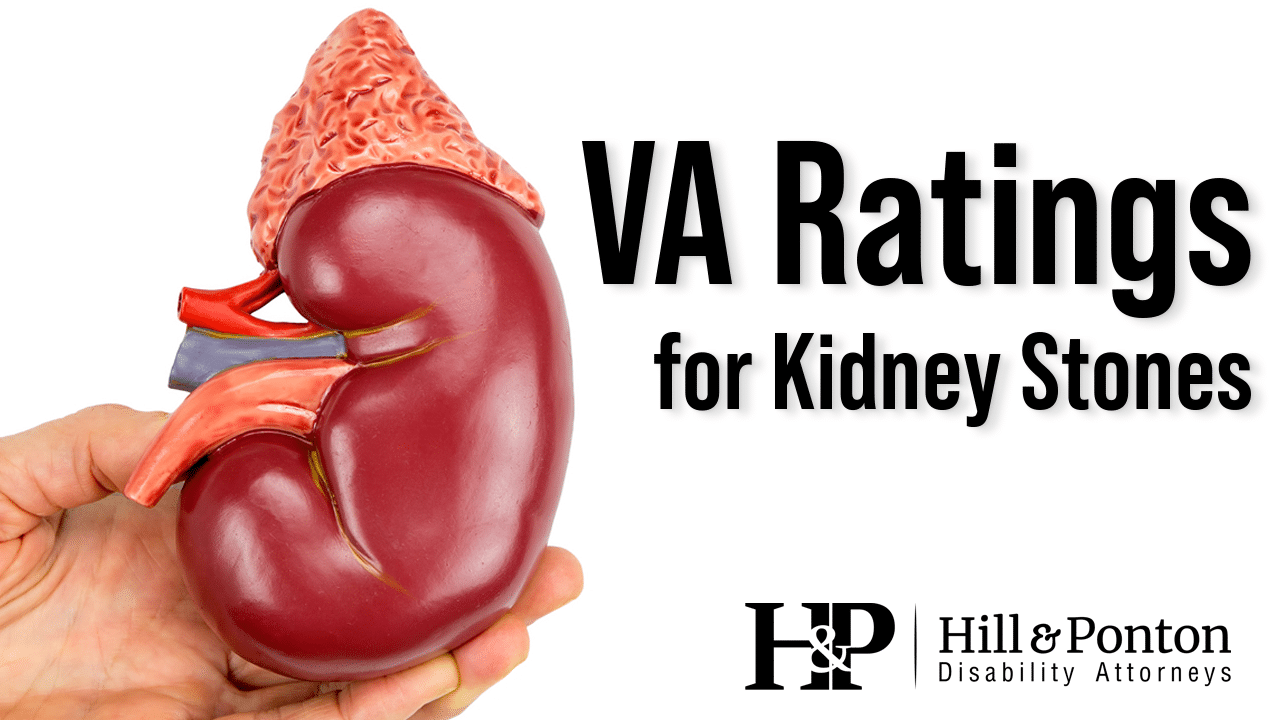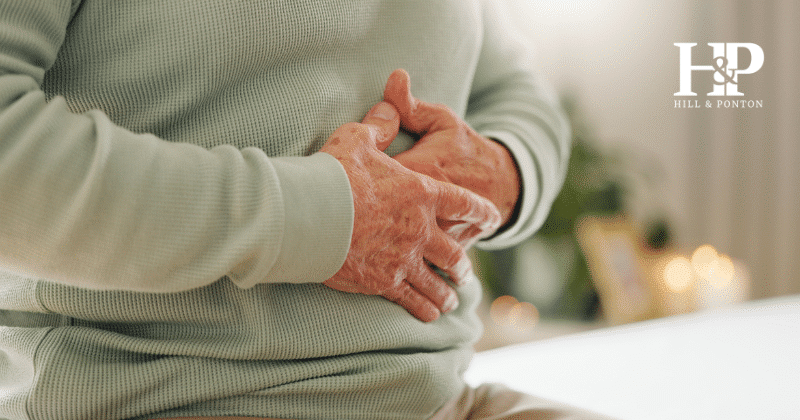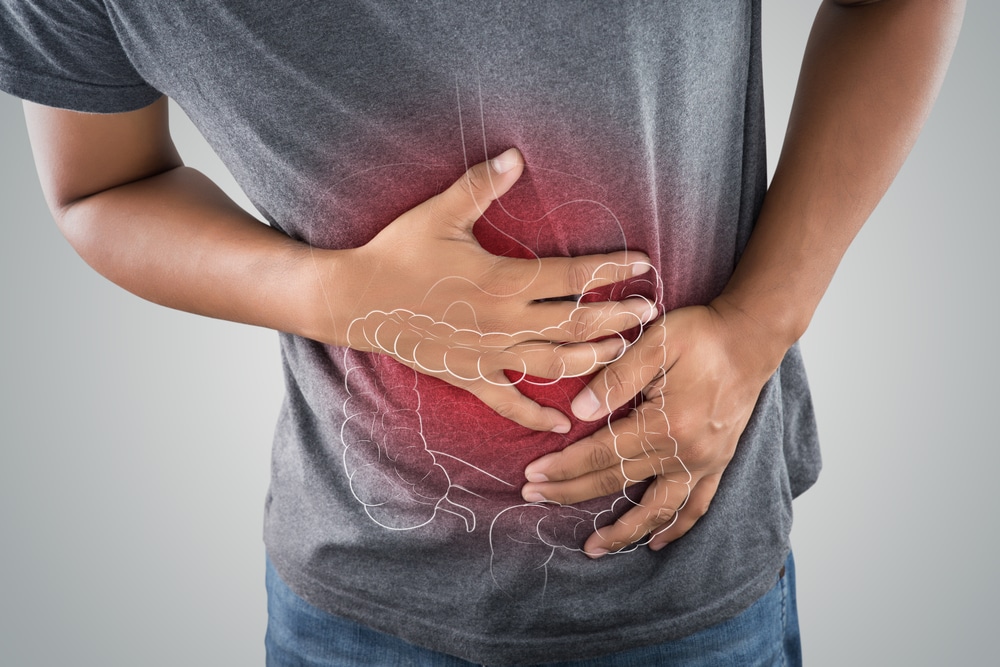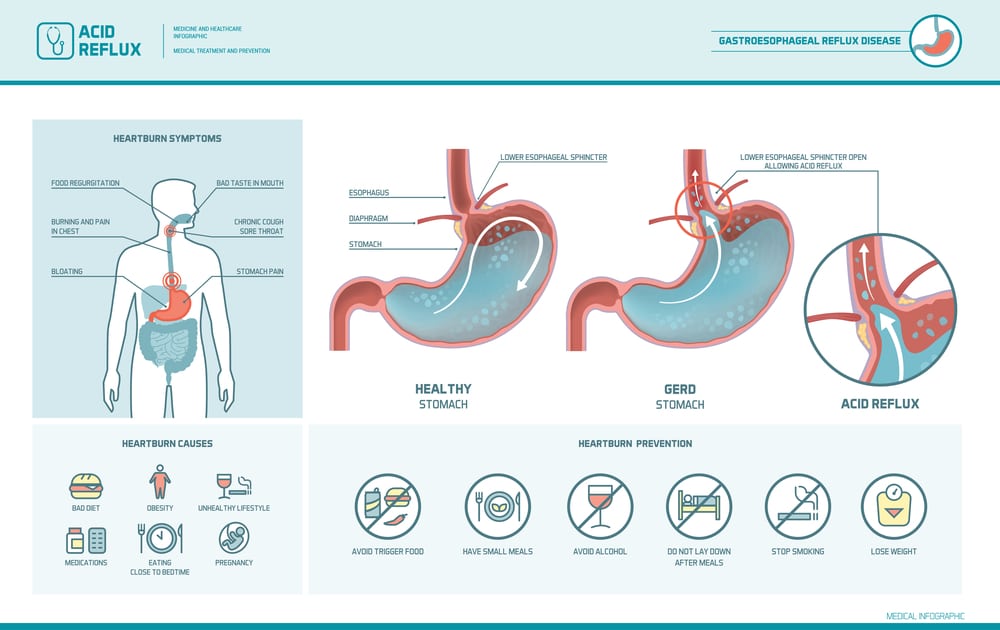Did you know that the Department of Veterans Affairs (VA) rates kidney stones as a service-connected disability? If you have been diagnosed with kidney stones, you may be wondering what kind of benefits you are eligible to receive.
This blog post will take an in-depth look at VA disability ratings for kidney stones. We will discuss what can cause kidney stones, common symptoms and how to file a claim for benefits. Stay tuned for more information!
What are kidney stones?
Kidney stones are small, hard masses that form in the kidneys. They can be as small as a grain of sand or as large as a golf ball. The most common kidney stones consist of calcium and oxalate. Kidney stones can cause pain and other symptoms such as nausea and vomiting.
The difference between kidney stones and kidney disease
Kidney stones are a type of renal stone. Renal stones are masses that form in the kidneys. Kidney disease is a condition that affects the function of the kidneys. Kidney disease can cause symptoms such as pain, swelling, and kidney proteinuria. Kidney stones are a type of kidney disease, but they may not result in chronic kidney disease.
Other types of kidney diseases include:
- Acute kidney failure
- renal dysfunction
- renal artery stenosis or atheroembolic renal disease
- chronic renal disease
- uremic medullary cystic disease
- markedly decreased function of kidney function
- cystic diseases
- sickle cell disease
What causes kidney stones?
Many factors can contribute to the development of kidney stones. Some of the most common causes include:
- Gastric bypass surgery
- Medications like laxatives, calciums, migraine medication, and antidepressants
- Supplements like excess Vitamin C
- IBS or inflammatory bowel disease
- Generalized poor health like poor diet, obesity, dehydration, decreased kidney function, edema, albumin present in the urine with either red blood cells or hyaline and granular casts.
- Genetics
- Cystinuria
- Renal tubular acidosis
- Hyperparathyroidism
What are the symptoms of kidney stones?
The symptoms of kidney stones can vary depending on the size and location of the rocks. Some common symptoms include:
- Severe pain in the back, side, or groin
- Nausea and vomiting
- Blood in urine
- Difficulty urinating
- Persistent urge to urinate
- Fever
- Frequent urinary tract infection
Different types of kidney stones
There are four main types of kidney stones:
Calcium oxalate stones
Calcium oxalate stones are more likely to occur in people with a high dietary calcium intake and those with a history of renal calculi.
Treatment usually involves increasing fluid intake and taking medications
Calcium phosphate stones
Calcium phosphate stones are more common in people who have a history of kidney disease or take certain medications, such as thiazide diuretics.
Treatment usually involves taking medications to dissolve the stones and increasing fluid intake.
Uric acid stones
Uric acid stones form when too much uric acid is in the urine.
Treatment usually involves taking medications to dissolve the stones and increasing fluid intake.
Struvite stones
Struvite stones are a type of renal stone that is more common in women than men.
They form when urinary tract infections occur, and the bacteria produce ammonia.
Treatment usually involves antibiotics to treat the infection and medications to dissolve the stones.
VA Rating for Kidney Stones
The VA rates kidney stones or nephrolithiasis under 38 CFR 4.115b. If you require any of these treatments, you will receive a 30% rating.
- drug therapy,
- diet therapy,
- surgical and non-surgical procedures at least twice a year
The VA rates kidney stones as a service-connected disability if they result from an injury or illness that occurred while you were in the military. To qualify for benefits, you must provide evidence that kidney stones result from your military service.
C&P exam for kidney stones
If you seek disability benefits for kidney stones, you will likely need to have a Compensation and Pension (C&P) exam. The purpose of the C&P exam is to determine whether or not your medical condition is service-connected. You may receive a disability rating If the examiner determines that your kidney stones result from your military service.
The C&P examiner will likely discuss how the symptoms of kidney stones affect your everyday life. The most common signs of kidney stones that affect disabled veterans include:
- Frequent urination
- Use of pain medication
- Frequency in passing kidney stones
If you are suffering from persistent urination or are passing kidney stones multiple times a day or month, you may be limited in the work duties you can perform.
It is helpful to come prepared for your C&P exam with accurate and exact information about how of kidney stones are affecting your daily life.
Secondary service connection for kidney stones
If you have been diagnosed with kidney stones, you may also be eligible for a secondary service connection. Your diagnosis means that you can receive benefits for your kidney stones if they result from another service-connected disability.
For example, if you have kidney disease and develop kidney stones due to that condition, you may be eligible for benefits.
The most common disability that veterans receive a secondary service connection for kidney stones is hyperparathyroidism.
The symptoms of hyperparathyroidism include:
- Bone pain
- Fatigue
- Nausea and vomiting
- Poor appetite
- Constipation or diarrhea
- Frequent kidney stones
Suppose you are experiencing any of these symptoms and have been diagnosed with kidney stones. In that case, it is essential to speak with your VA representative about filing a claim for a secondary service connection.
How to file a claim for benefits
If you would like to file a claim for VA disability benefits for kidney stones, the first step you may want to consider is gathering the necessary medical evidence and filling VA form 21-526EZ. Evidence may include:
- medical records
- lab tests
- a statement from your doctor confirming that you have kidney stones and that they result from your military service.
FAQs
Can you get a VA disability rating for kidney stones?
Yes, you can! The VA rates kidney stones under 38 CF 4.115b at a 30% rating.
What is the VA disability rating for kidney disease?
The VA rates kidney disease under the genitourinary system. The VA uses two separate ratings for kidney disease: 38 CFR 4.115a and 38 CFR 4.115b. Check out our page on kidney disease and VA benefits here.
What are the most common VA disabilities?
The most common VA disabilities include:
- Sciatica nerve paralysis
- Migraines
- Degenerative arthritis
- Limited ankle motion
- Hearing loss
- PTSD
- Lumbosacral and cervical strain
What automatically qualifies you for VA disability?
There is no one-size-fits-all answer to this question. There are some presumptive service connected disabilities that can be tied back to specific exposure to toxic chemicals like Agent Orange during the Vietnam War, Camp LeJeune and its toxic water, Burn Pits, etc. To qualify for VA disability benefits, you must meet the criteria outlined in the VA’s regulations. The VA evaluates each case on its own merits.




